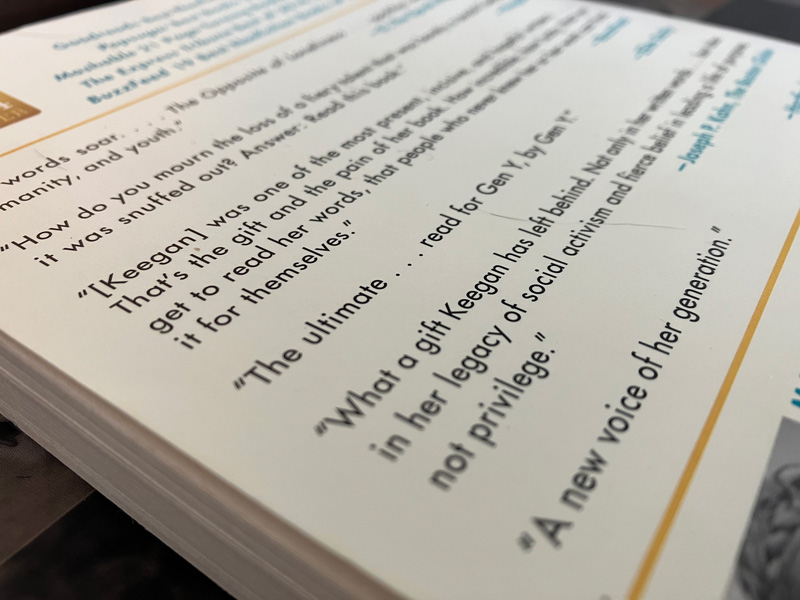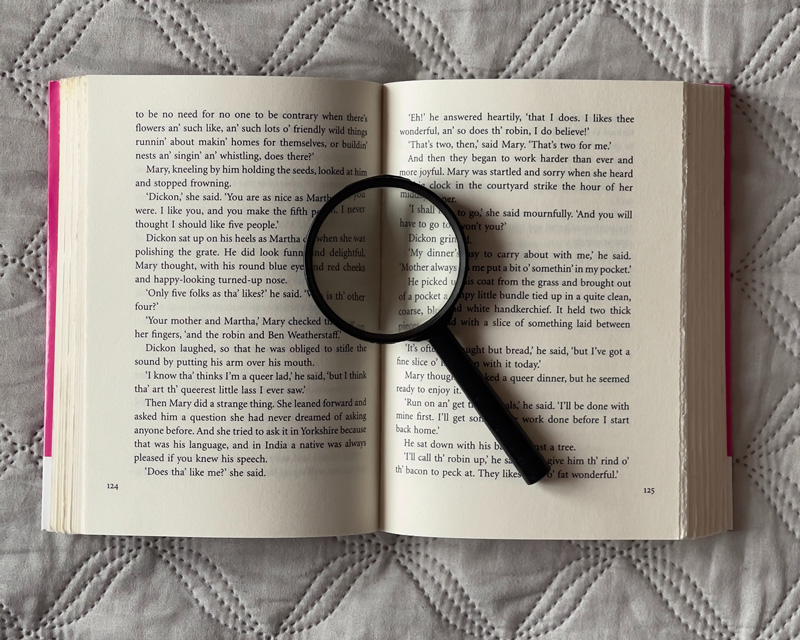
Over the course of my long, multi-national writing career, my work has been published by companies big and small. I’ve been praised and ignored. I’ve been represented by six different agents in two countries. Recently, I’ve begun to look for my seventh agent (for a new memoir I’m writing), and in doing so, I was reminded how and why every writer, myself included, can benefit from crafting a strong book proposal.
Of course, it is fine to write a draft or two of your book before diving into the proposal, and you might even find it helpful. Besides, literary agents and editors will want to know that you can actually produce an entire book.
Aside from the obvious fact that many agents and publishers require a book proposal, here are a few ways that writing one can be beneficial.
1. It streamlines the process of querying literary agents.
Finding a literary agent requires patience, intelligence, organization and skill. As Jane Friedman writes (only slightly tongue in cheek), helping someone find a literary agent is like helping someone find the right spouse.
These days, many literary agents ask for queries to be submitted through QueryTracker. Filling out this form is easy if you have a proposal from which you can pull the necessary information. If you’ve taken the time to thoughtfully prepare that proposal, you’re likely to have a better chance of sparking the agent’s interest, as you’ll have a better understanding of precisely what your book is, why it matters (be honest here), and why you are the best person to write it.
2. It provides clarity of thought.
The time you spend writing a proposal for your memoir or nonfiction work will provide you with a clearer, deeper sense of what your book is, which in turn will help you to pitch it so that others love your book as much as you do.
Drafting the bones of a proposal requires you to think through your entire book. As you write draft after draft, some elements may change, but developing the chapter-by-chapter outline will enable you to clarify what you are trying to say, in what order, and why. This outline can also serve as a guide as you write.
3. It helps you stand out from the crowd.
Clarifying everything you want to say will also help you to differentiate your book from competing titles.
While many writers shy away from — or even shun — the proposal section on marketing, your strength as a writer will only deepen as you come to better understand your target audience. Whether you seek to publish with one of the “Big Five,” publish with a small or hybrid press, or self-publish with the assistance of a company such as Kindle Direct Publishing or BookBaby, knowing where your book fits in the market, how it adds a critical missing piece, and why you are the right person to write this book can only serve you — and prospective agents and publishers.
As you research the competition, you’ll begin to better understand who you are writing this book for — who is your audience? And you’ll likely pinpoint the failures/omissions of your competition. As a result, you can make sure you don’t repeat those mistakes.
- Tips for Overcoming Common Fears About Writing Memoir - February 21, 2024
- 3 Reasons to Write a Book Proposal for Your Nonfiction Book - March 24, 2023
- Finding a Literary Agent - November 7, 2022



